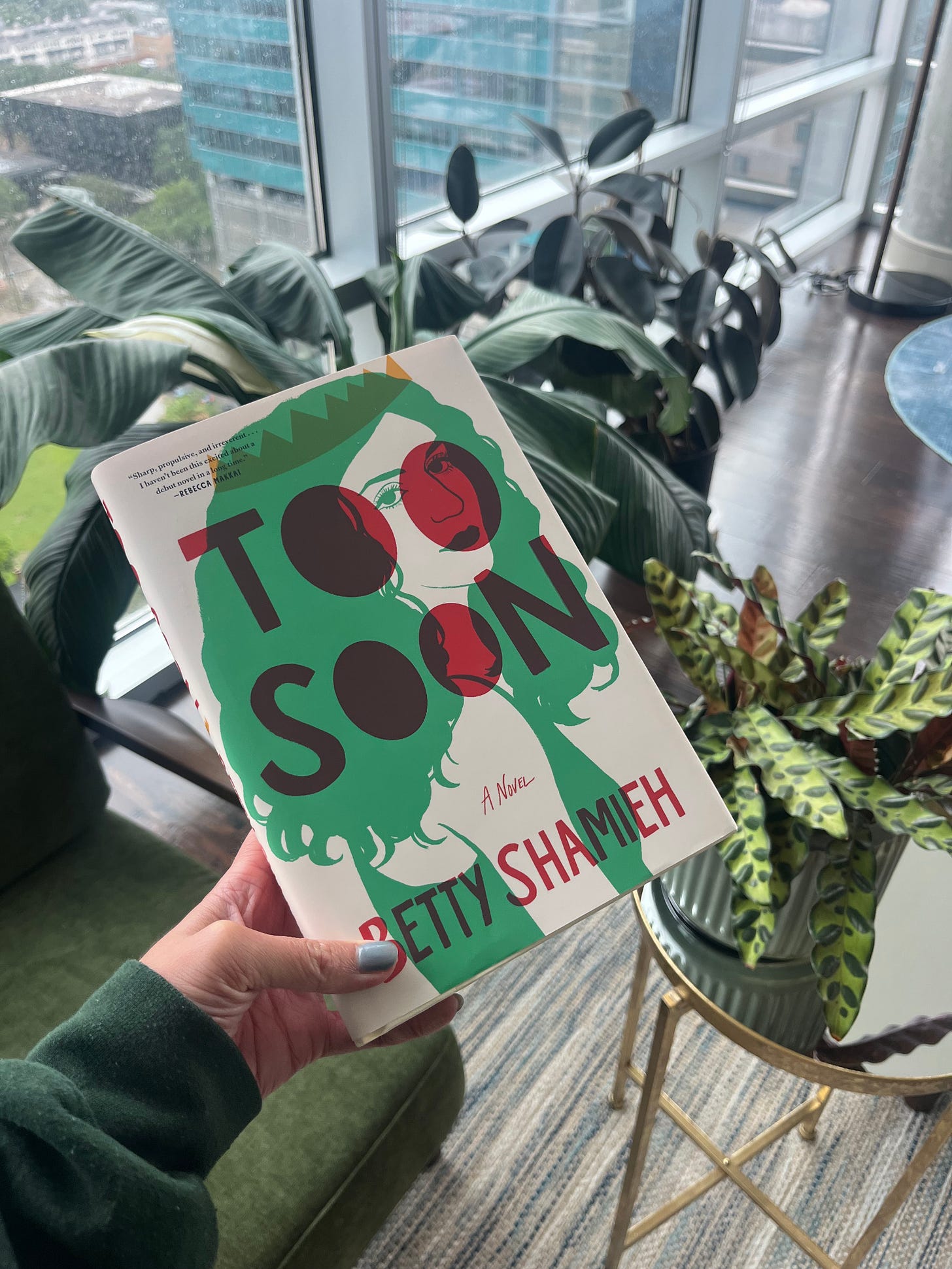Three unverified tips for cold querying agents
On personalizing queries and batching versus vibes
I haven’t had time to write anything deep and insightful lately, because I am very much in the middle of my first round of developmental edits with my editor on my debut. But I did have this post in the drafts for a while, so I thought I’d share it.
To be completely honest, I don’t think that debut authors often give great querying advice. Many of us lack any real insight on what’s going on behind the scenes. Our claim to authority is usually only that we’ve queried successfully once. I feel the same way about kids who get into Ivy Leagues running a business offering help on application essays. Do you really think that nineteen-year-old kid has a single whit of knowledge as to what a Harvard admissions officer with a decade of experience is thinking? For all you know, the kid got in only because he has a really good tennis serve. From where I sit, I really can really only guess at what made a difference.1
If you’re curious and want to read some tea leaves, read on:
I made a separate email address for querying.
This tip is pretty boring: I was very glad that I made a new, writing-or-querying-only email address for this process. It was a relief to not have the messages in my normal inbox, where they would inevitably disrupt my workflow or distract me. I now use this email as my actual writer email!
I previously shared my querying spreadsheet here:
I personalized all of my queries.
I personalized every one of my queries, ideally with reference to a book that agent had worked on, but otherwise to their wish list. I know people say sometimes that this personalization is too much work. But out of college, I applied to thirty-five jobs with personalized cover letters and only got three interviews, so frankly this wasn’t too bad.
It also wasn’t too hard because nearly every agent I queried had worked on a book I’d read. To me, that stat speaks to the value of reading widely in your genre. Reading in my genre help me craft better query letters, but even earlier on, it helped me to find agents who fit my project, and even earlier on, it helped me to simply write a better manuscript.
Another reason I personalized: I saw the querying process as a two-way street. Ideally, the agent and I were both attempting to suss out whether the other would be a good partner in a potentially years-long or career-long endeavor. By personalizing my query with tidbits about books they’d worked on, I was attempting to show the agent that yes, I do take my genre seriously; yes, I am aware of what it takes to succeed in this game; and yes, I actually chose to query you for a reason rather than just mass emailing. I hoped that would telegraph, by extension, that I would be good to work with beyond just the quality of my manuscript. Did it work? I have no idea. But I figured that my goal was a career-long creative and business partnership, so why not put in the effort up front?
The following lines were part of queries that got full requests:
“I’m reaching out because of your interest in coming-of-age stories and novels that center family relationships––executed so well in your client Sally Draper’s Madison Avenue Baby.”
“I wanted to query you in part because your wishlist mentioned that you’re looking for books like those by Roger Sterling. Like his novel Second Wife Blues (one of my recent favorites!), TASTES LIKE SEEING GOD centers a complicated family and an exploration of identity.”
“I wanted to query you with my 81K-word upmarket/literary Asian-American chef novel, TASTES LIKE SEEING GOD––in part because you represent Peggy Olson. I just moved to New York, and her prose in The Brooklyn Girl’s Guide to Advertising provided such a vibrant and tender introduction to my new home. I hope that my manuscript can also capture that sense of emotion and place.”2
I tried to vibe through it instead of batching.
I didn’t batch;3 instead I prioritized an approach that worked for my life. I originally sent out about several out over an initial day or two, when I was invigorated with early excitement. After that, I sent out queries when I had time—one or two a day every few days, with most later queries trickling out over two to three weeks. I chose agents rather unscientifically: Were they open for queries? Did they excite me? The best advice I got was from my friend, author Vaishnavi Patel, who told me: “Querying is vibes-based.”
I interviewed Vaishnavi here:
In short, I figured that game-theorizing my querying strategy wouldn’t be enough to make an agent pick my book. Vibes worked for me!
Burying the stats: I queried 27 agents, got 14 total requests, and four offers. It was 29 days from first query sent to first offer. Might delete this footnote later because although I love reading other people’s querying stats, revealing my own feels somewhat… vulnerable? gauche? Maybe I’m wrong; let me know in the comments.
Can you tell that these are anonymized?
My agent has her own take on batching here:









